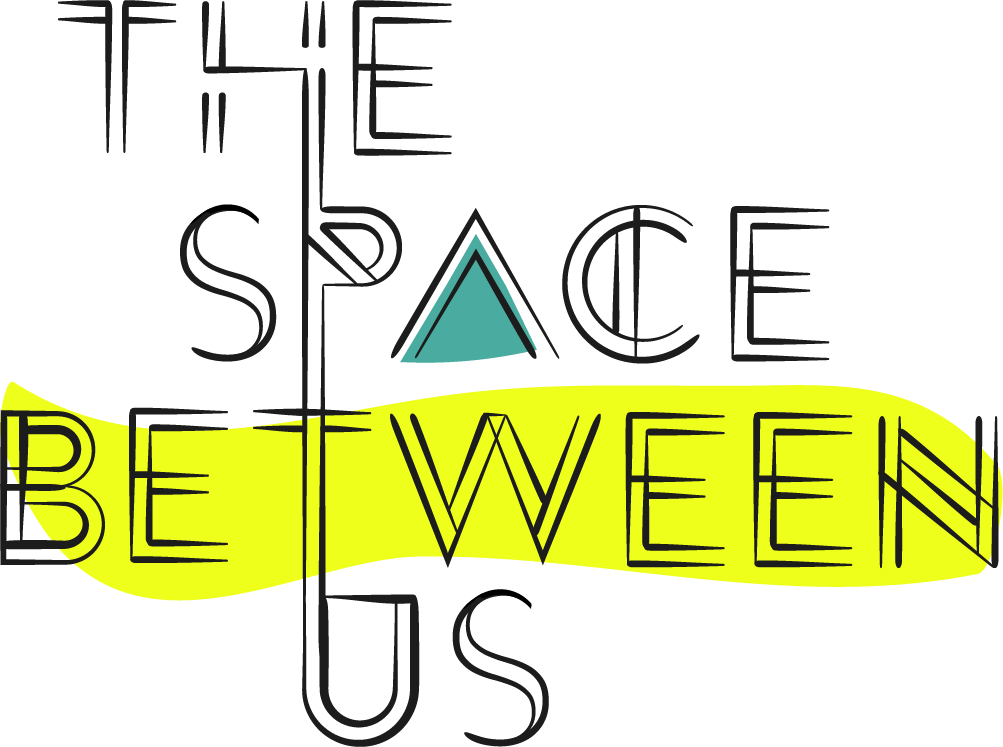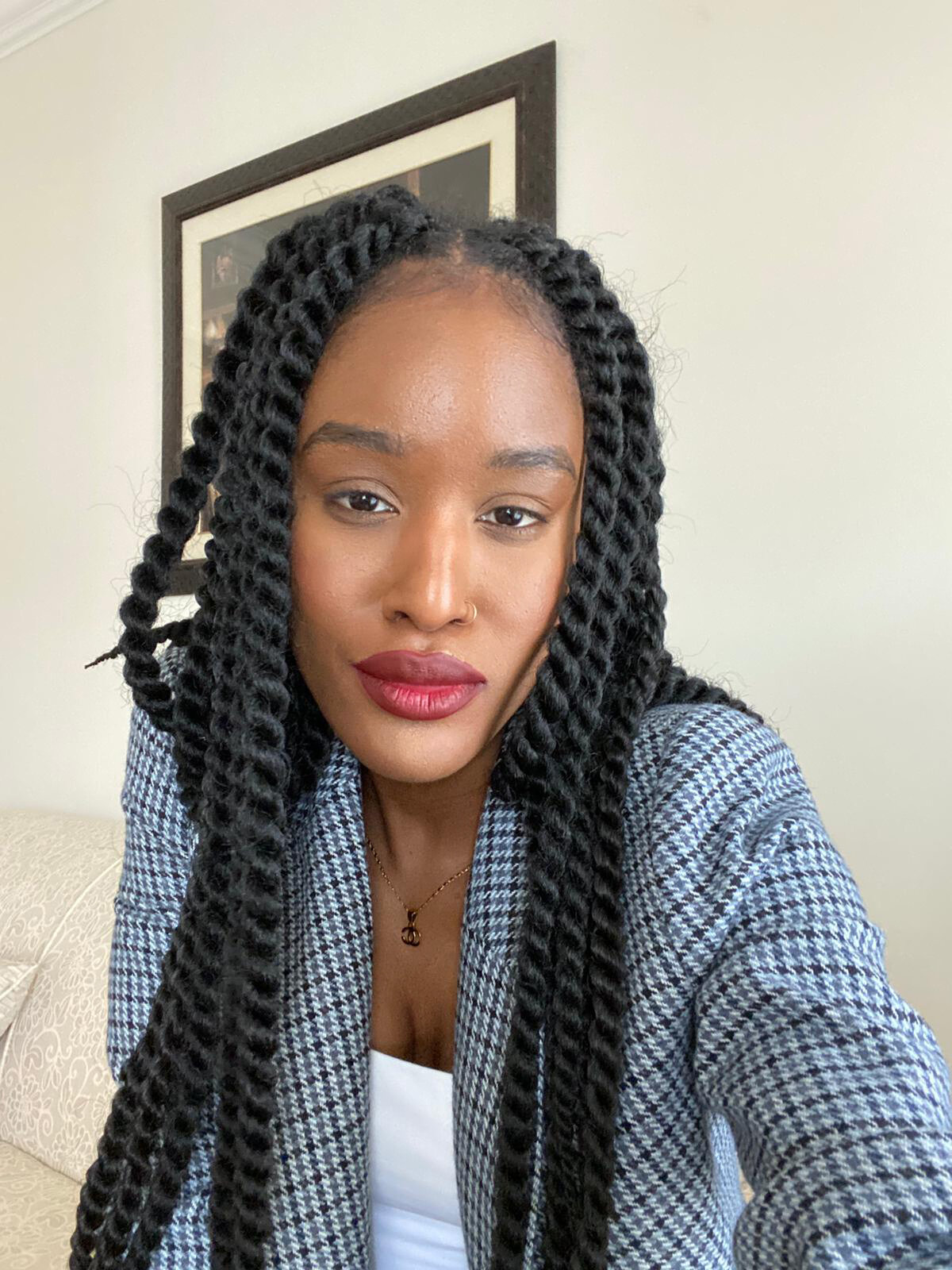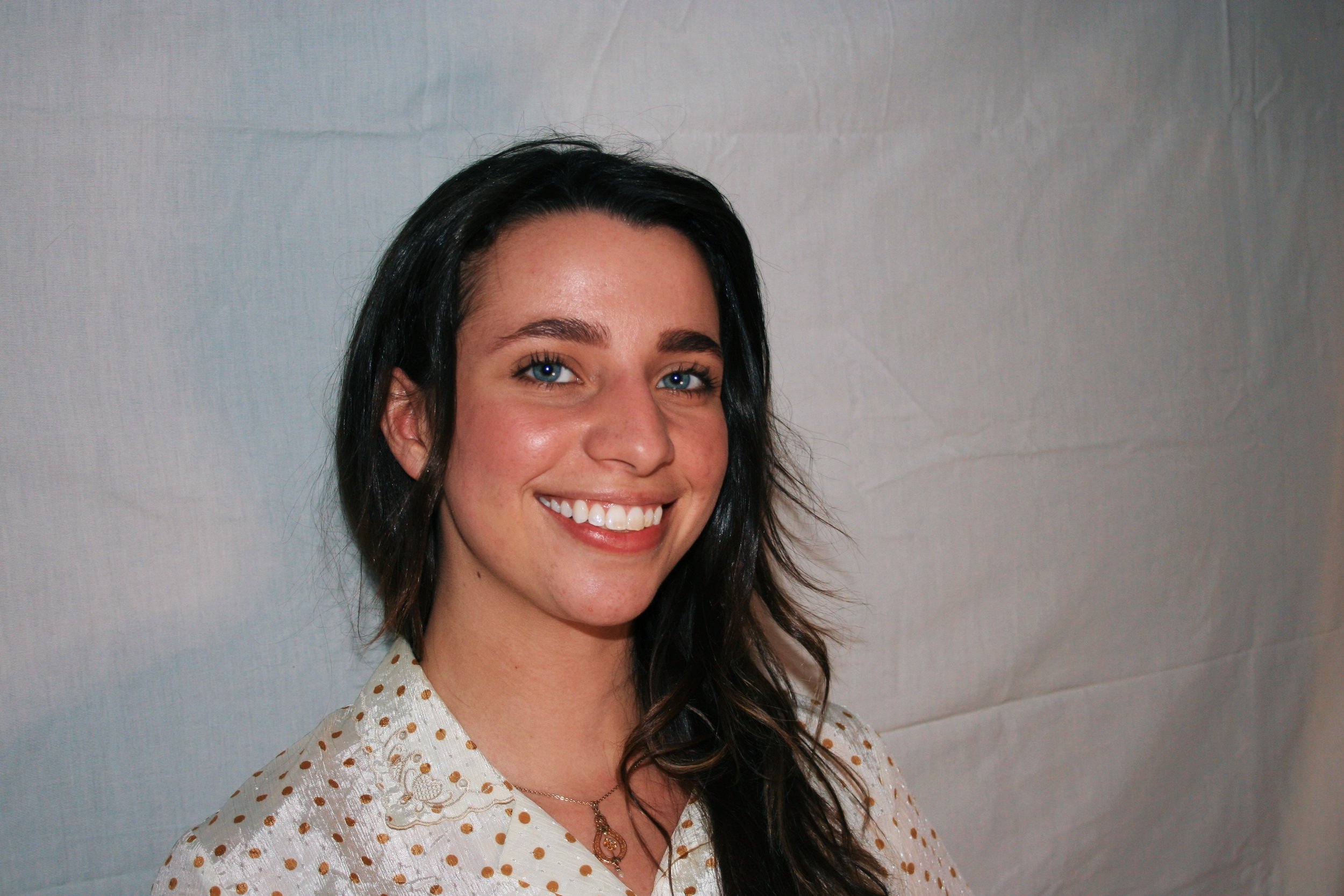
Research Fellows
“The Space Between Us is an exciting research project that works to develop relationships between diverse Indigenous communities around the world, in the context of decolonial politics and pedagogies. As one of the research assistants, I am particularly moved by the cross-cultural aspirations of this project. Learning from the academics, curators, artists, and students involved, I am interested in understanding the ways in which differences and similarities can be weighed, theoretically and actively, to arrive at relational forms of knowledge production.”
— Noor Banghu
Noor Bhangu
Noor Bhangu is a curator and scholar, whose practice employs cross-cultural encounters to interrogate issues of diaspora and indigeneity in post- and settler-colonial contexts. Through curatorial intervention, she hopes to involve politics of history, memory and materiality to problematize dominant histories and strategies of presentation. She completed her BA in the History of Art and her MA in Cultural Studies: Curatorial Practices at the University of Winnipeg. In 2018, she began her PhD in Communication and Culture at Ryerson and York University in Tkaronto, Toronto.
Amanda Carvalho
Amanda Carvalho is a Brazilian designer based in Winnipeg who has worked with agencies, design studios, startups, and corporations for the past nine years. She holds a BA in Visual Communication with Major in Graphic Design and is currently taking the Curatorial Practices stream of the MA in Cultural Studies at the University of Winnipeg. Her research interests involve exploring intersections between design thinking, visual cultures, performance, and creative methodologies as decolonizing tools.
Marie-Anne Redhead
Marie-Anne Redhead (Ininiw/francophone), is an emerging curator, writer and member of Fox Lake Cree Nation. She is currently completing her Bachelor of Arts degree at the University of Winnipeg. Her research and creative practice is interested in contemporary Indigenous art, the liberating potential of art and poetry, Indigenous futurisms, place and language.
KC Adams
KC Adams is a social practice artist, mentor, and educator; her career span 23 years, creating work that explores technologies and their connection to Indigenous epistemologies and identity. KC is pursuing a MA in Cultural Studies: Curatorial Practices at the University of Winnipeg. Her goal is to pursue Manitoba Indigenous communal pottery methods by using participatory research. She wants to bridge the knowledge gap for community members to take control of their histories and stories.
Shalaka Jadhav
Shalaka spent their childhood between cities in India and in Dubai, before moving to a neighbourhood spitting distance from Ontario’s largest mall. They now join from the Block 2 of the Haldimand Tract with a long time curiosity about art-based methods, and their role in enabling unusual connections and collective futures. In their day job, Shalaka designs and facilitates curriculum and workshops that support young people in moving towards just, climate-resilient futures. Trained as an urban planner, Shalaka is following the advice of an aptitude test to pursue Curatorial Practices at the University of Winnipeg. As Shalaka explores and builds on their curatorial ethic, they see it to be guided by a walking methodology, carrying forward the work of their ancestors in tending for the land, and woven together by conversations over cups of tea.
Wendy Alakpodia
Wendy is currently pursuing an MA in Cultural Studies specialized in Curatorial Practices at the University of Winnipeg. Her goal is to embrace high value asset for articulating connections among artists, ideas, objects, archives, institutions, new media technologies, and audiences while working alongside curators, designers, and artists to develop the highbrow and practical skills needed to pursue a range of professional paths in curating and contemporary art.
Ojo Agi
Ojo Agi is a Nigerian-Canadian artist and researcher working at the intersections of Black feminism, postcolonial theory, and art history. Her work critically explores the discursive and material effects of mobility on identity and belonging in the contemporary African diaspora, and the ways in which these experiences emerge in artistic praxes. She has curated with Feminist Art Collective and the Art Gallery of Ontario, and is a member of the latter's Global Africa and the Diaspora curatorial committee. Ojo holds a BHSc in Health Sciences with a minor in Women’s Studies from the University of Ottawa and an MA in Women and Gender Studies from the University of Toronto. She is currently completing a PhD in Art History at Concordia University, supported by the Joseph-Armand Bombardier SSHRC award and a Concordia Doctoral Fellowship.
Julia Lafreniere
Julia Lafreniere (pronouns: she/they) is an advocate for bridging cultural gaps and creating institutional understanding within colonial spaces. She carries the teachings of love, kindness and understanding that have been passed to her from knowledge keepers within the Indigenous community. Julia’s family is from the Metis community of Camperville located on Treaty 4 territory. She is a second-generation residential day school survivor and grew up both on Treaty 1 territory and Swampy Cree territory on Treaty 5. Currently, Julia is the Head of Indigenous Initiatives at the Winnipeg Art Gallery where she has been professionally since 2019. Julia holds an Advanced Bachelor of Arts degree in Native Studies from the University of Manitoba and is currently completing a Masters in Developmental Practice degree at the University of Winnipeg. Her research interests include water and land protection, and exploring various methods of incorporating Indigenous knowledge into colonial institutions. Julia has extensive community involvement, having served in a volunteer capacity on local boards, student groups and within ceremonial spaces.
Franchesca Hebert-Spence
Franchesca Hebert-Spence, Anishinaabe, PhD student, Carleton University.
Hebert-Spence’s first engagements with art were as a maker, creating an emphasis on guest/host relationships and the responsibilities that arise from a non-hierarchical relationality within her curatorial praxis. She is Anishinaabe and her grandmother Marion Ida Spence was from Sagkeeng First Nation, on Lake Winnipeg, Manitoba. Kinship and its responsibilities direct the engagement she maintains within her community as well as her understand of how institutions move and breath. The foundation of this practice stems from Ishkabatens Waasa Gaa Inaabateg, Brandon University Visual and Aboriginal Arts program. She has begun as a PhD student in Cultural Mediations at Carleton University and holds the Morrisseau Project Fellowship under Dr. Carmen Robertson. She is an Independent Curator and previously served as an Adjunct Curator, Indigenous art at the Art Gallery of Alberta, and a Curatorial Assistant within the Indigenous Art Department at the National Gallery of Canada.
Shaneela Boodoo
Shaneela Boodoo is a graduate of the University of Manitoba with a BFA (Honours) in Design. She is a second-generation immigrant, born and based in Winnipeg, Manitoba, and identifies as Indo-Caribbean. As an emerging artist, designer, and curator, Boodoo's work uses design, installation, collage and photography to communicate carefully constructed narratives which use reconstructed memories to explore facets of information. These memories come from aspects of personal relationships that deal with larger intersecting themes of colonialism, displacement and womanhood. Boodoo has also worked to establish and brand many BIPOC collectives in the city, such as RIND, Patterns Collective and Chroma Collective. She has curated shows such as Adornment and Analogous that have centered the experiences of BIPOC in institutional spaces, such as the School of Art Gallery.
Audree Espada
Audree Espada is a co-researcher of the MITACS funded project, Arts' Civic and Social Impact Beyond Covid-19: Researchers in Residence: Equity, Diversity, and Inclusion in Visual Arts Organization, in partnership with Mass Culture | Mobilisation Culturelle and the aabijijiwan New Media Lab. She is of Filipino and Puerto Rican descent and was born in New York City and raised in Los Angeles. Audree holds a Bachelor of Arts in Anthropology from the University of California – Santa Barbara and a Masters of Arts in Cultural Studies, specialized in Curatorial Practices from the University of Winnipeg. She has worked as a professional archaeologist and museum professional for several years in California, Colorado, and New Mexico before arriving in Canada. She applies a cross-disciplinary and collaborative approach to curation and research as she seeks to uplift voices and knowledge from BIPoC communities that have been largely ignored, silenced, or exploited.
Amanda McLeod
Amanda McLeod is Anishinaabeikwe from the Sagkeeng First Nation in Manitoba. She completed an honours degree in Conservation Studies at the City & Guilds of London Art School in the United Kingdom and a Bachelor of Arts in History of Art & Native Studies from the University of Alberta. She is currently a graduate student at the University of Winnipeg and a part-time curator with the institution's Anthropology Museum. Amanda is a freelance curator working with the City of Winnipeg, Manitoba Indigenous Tuberculosis Photo Project, University of Toronto, and the Kay-Nah-Chi-Wah-Nung Historical Centre. Most recently, she was contracted by the Manitoba Museum (TMM) where she was responsible for the development and delivery of the Indigenous content for TMM’s massive multi-year gallery renewal; this included an in-depth and candid telling of the history of Canada’s Indian Residential School System. Through extensive engagement, collaboration and mutual respect at all stages, Amanda worked to provide a platform for the Indigenous community to be primary narrators of their own stories, knowledge, and histories being shared to the City of Winnipeg and TMM projects. She remains committed to dismantling colonial misinterpretations long held by institutions for centuries, contributing to a new paradigm of research and content development. In this way, Amanda is a strong advocate for the involvement, consultation, collaboration, and respect of Indigenous source communities in both conservation and curatorial practices in museums and other institutions.
Christina Thomson
Christina is working towards an Honours BA in the History of Art at the University of Winnipeg, and plans to continue on to pursue an MA after graduation. Though raised in Winnipeg on Treaty 1 territory, Christina was born in Tkaronto/Toronto to a family deeply connected with its Grenadian, Scottish, and English roots. As a woman who’s cross-cultural histories sit at the core of her identity, she strives to approach her budding curatorial practice in the (de)colonial context with the same sensitivity. She appreciates art as a powerful conduit of overlapping relations, interconnected identities, and collective experiences. As a student, Christina’s primary interest lies in the relationship between art and audience, or art’s ability to empower communities by engaging and connecting while dismantling assumptions.
Previous aabijijiwan Media Lab Coordinator
Jasmin Winter
Jasmin is from Vancouver, located on the unceded lands of the Coast Salish peoples - the Sḵwx̱wú7mesh (Squamish), Səl̓ílwətaʔ/Selilwitulh (Tsleil-Waututh) and xʷməθkʷəy̓əm (Musqueam) Nations, and has ancestry from Hong Kong and England.
Jasmin is a graduate from the Master’s in Development Practice program at the University of Winnipeg, and spent the last 3 years working for the First Nations Technology Council in British Columbia. In August, Jasmin completed the Vancouver Film School’s Virtual and Augmented Reality Design and Development program.
Jasmin is passionate about increasing access to technology and leveraging digital tools to amplify diverse voices and worldviews, and looks forward to seeing you at the Lab soon!














